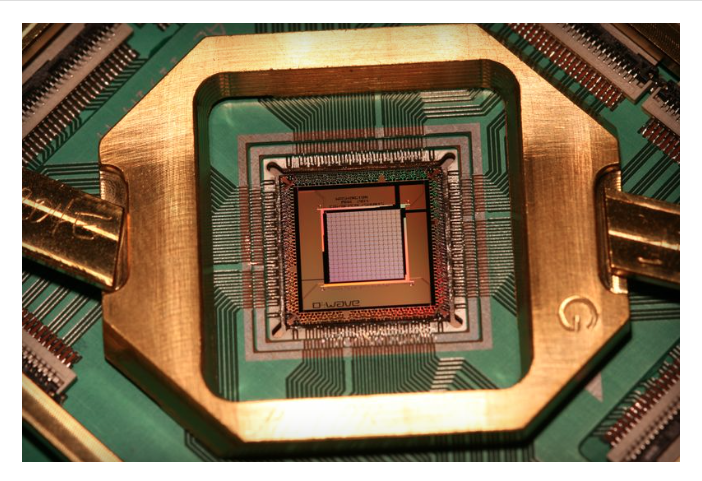Tech Corner: NASA and Google Creating a Super Computer with Quantum!

Not only has NASA found traces of salt water on Mars, they have teamed up with Google to create the most powerful computer of its kind. This quantum computer will be used for tackling the most difficult optimization problems for both Google and NASA. Below, we have broken down all the computer science terms for you to understand what this computer will be able to handle, as well as go into detail for what the companies plan to use this supercomputer for.
In quantum computing, quantum bits, also known as qubits, are the units of quantum information. Due to the fragility of this computer’s qubits, the processor can only be operated in extremely cold temperatures. For this exact computer, it will only operate in less than 15 millikelvin, a temperature colder than outer space!
The D-Wave is another processor, mainly known for quantum computers. This D-Wave processor has helped them develop and fine tune the quantum annealing models (a computer science and mathematical optimization, metaheuristic, for finding a global minimum of a given objective function over given solutions by a process using quantum fluctuation.)
NASA and the Universities Space Research Association (USRA) have collaborated on this project to create artificial intelligence and machine learning. Google entered in 2013, announcing that they plan to use the quantum computing to solve the most challenging computer science problems.
Hartmut Neven, Google’s director of engineering, said “If we want to cure diseases, we need better models of how they develop. If we want to create effective environmental policies, we need better models of what’s happening to our climate. And if we want to build a more useful search engine, we need to better understand spoken questions and what’s on the web so you get the best answer.”
NASA and Google will be testing this machine’s capabilities, putting answers to their biggest question: will the D-Wave’s approach to quantum computing show results?
For more information about Quantum Physics, visit our previous Tech Corner here!
Share your thoughts by joining our conversation on Facebook and Twitter! Let’s discuss!



